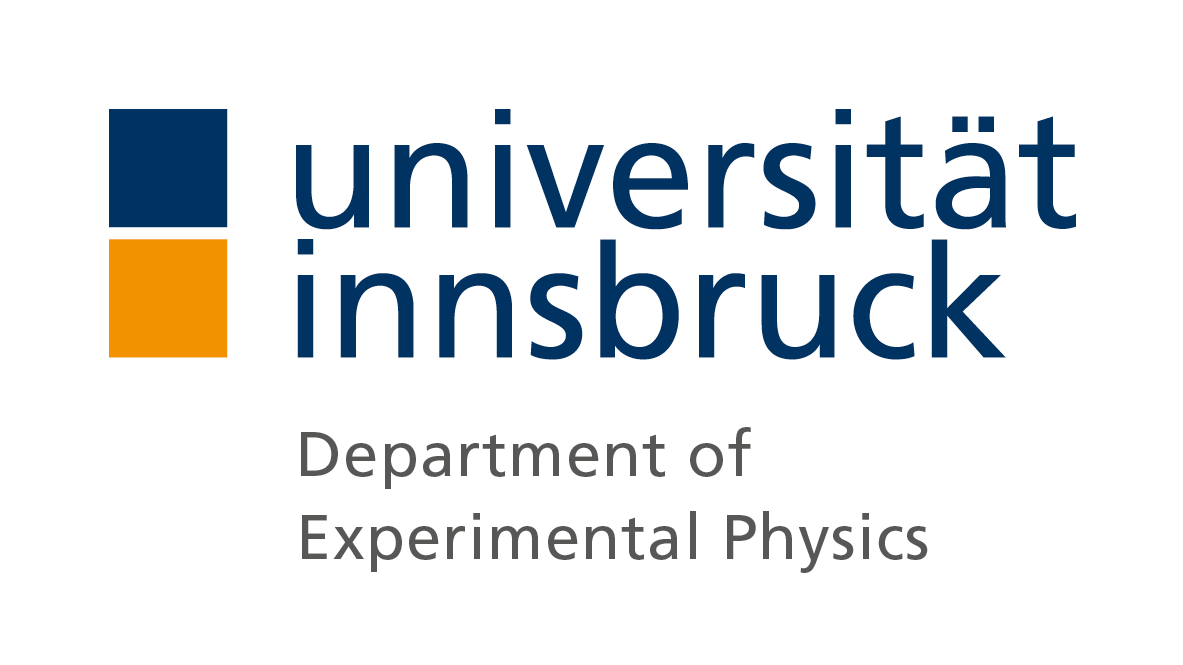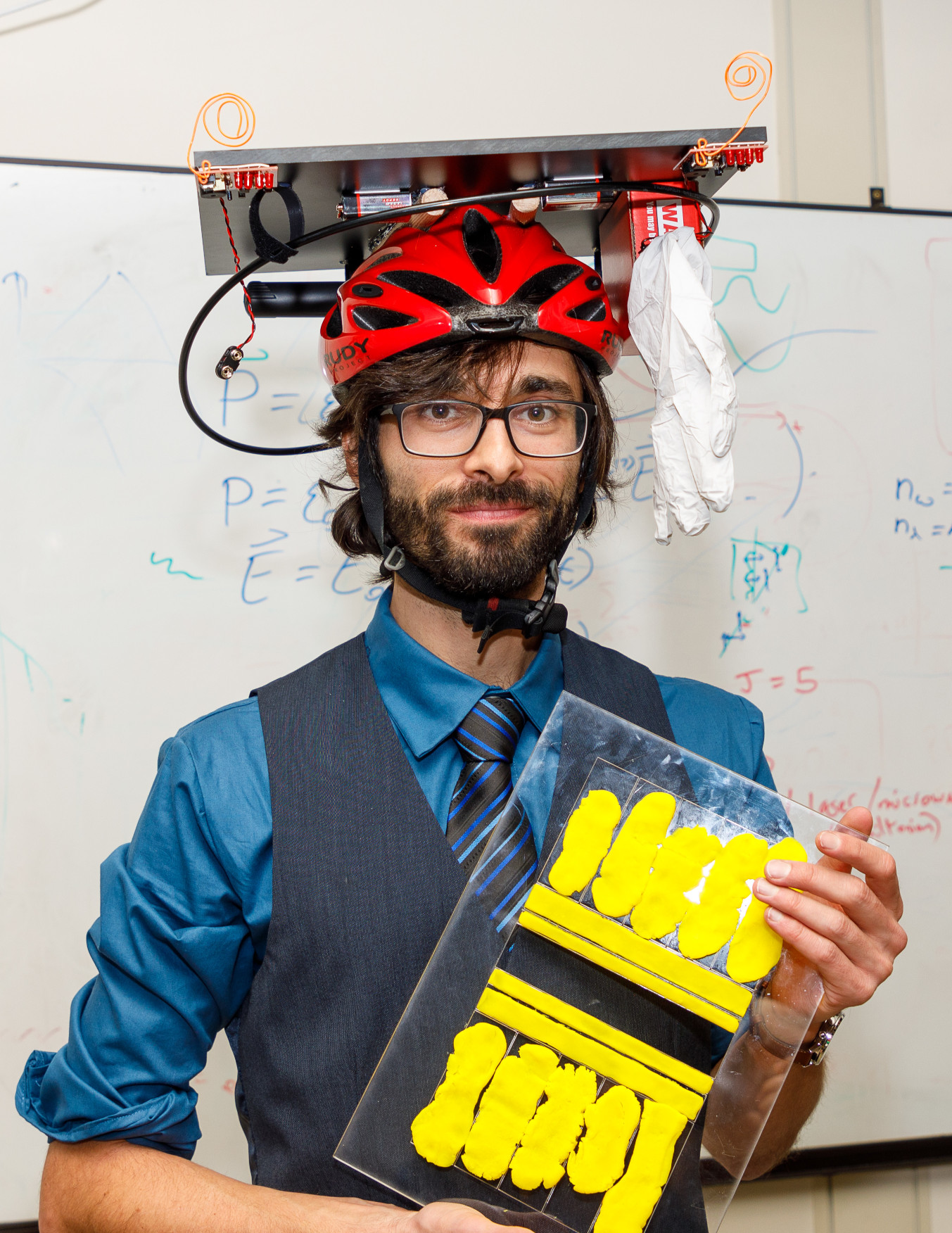
- Details
Congratulations, Martin!
Thesis Titled: Control of multi-species trapped ions in a scalable quantum computer
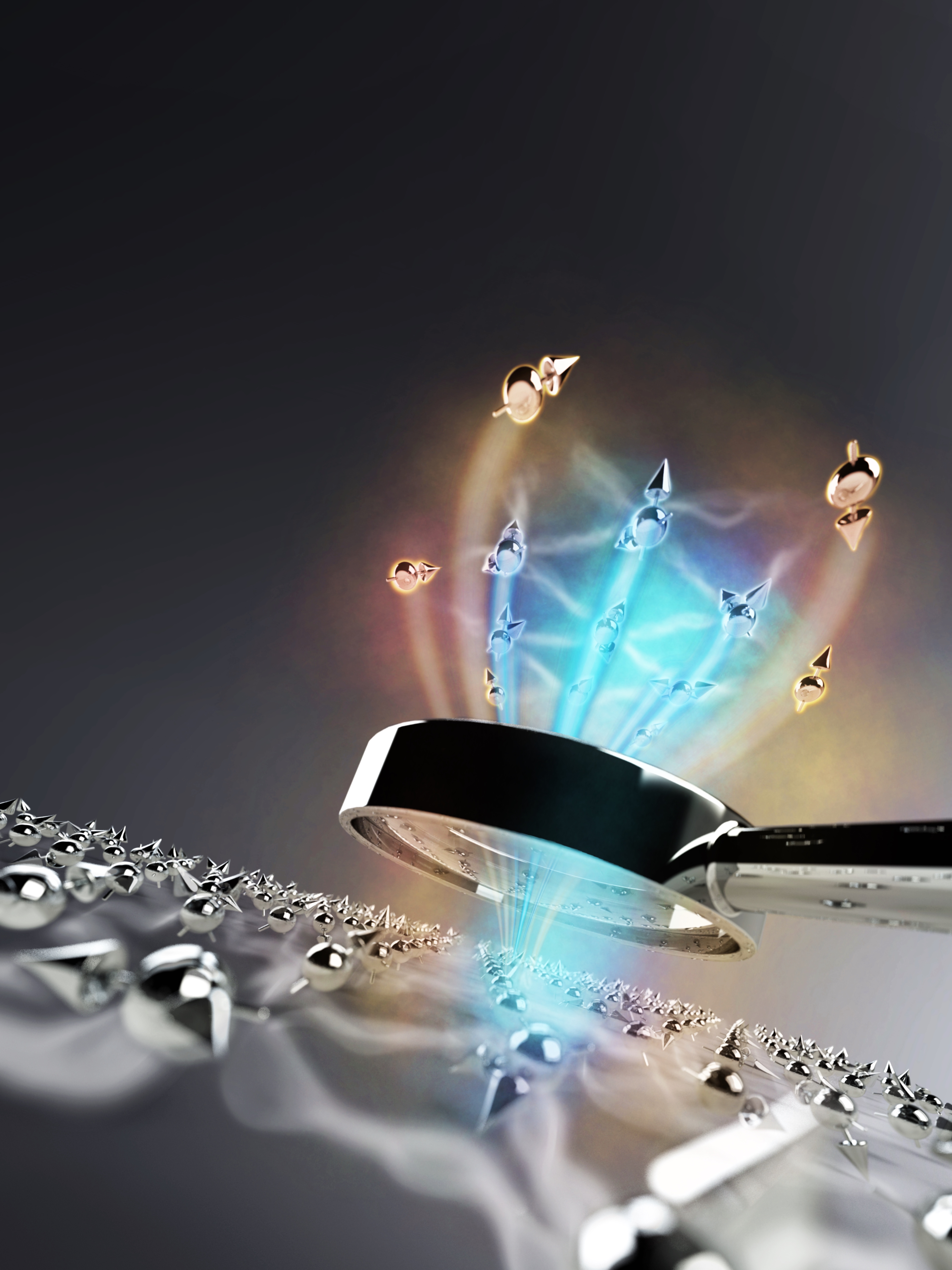
- Details
Entanglement is the backbone of quantum information science. Quantum computers and simulators can outperform classical calculations when simulating complex many-body quantum states. In modern times, characterizing entanglement in quantum simulations is a tricky task. Due to the fragile nature of entanglement and the exponentially increasing number of measurements required for characterizing entanglement with the system sizes, experimental techniques and analysis methods need to be upgraded to more sample-efficient methods. Here, theoretical ideas originally formulated for conformal field theories come into play. These ideas state that a mixed state, segregated from continuum spatial and temporal systems, can be represented by a Gibbs ensemble. The original concept was formulated for lattice models and has now been tested on a trapped ion quantum simulator.
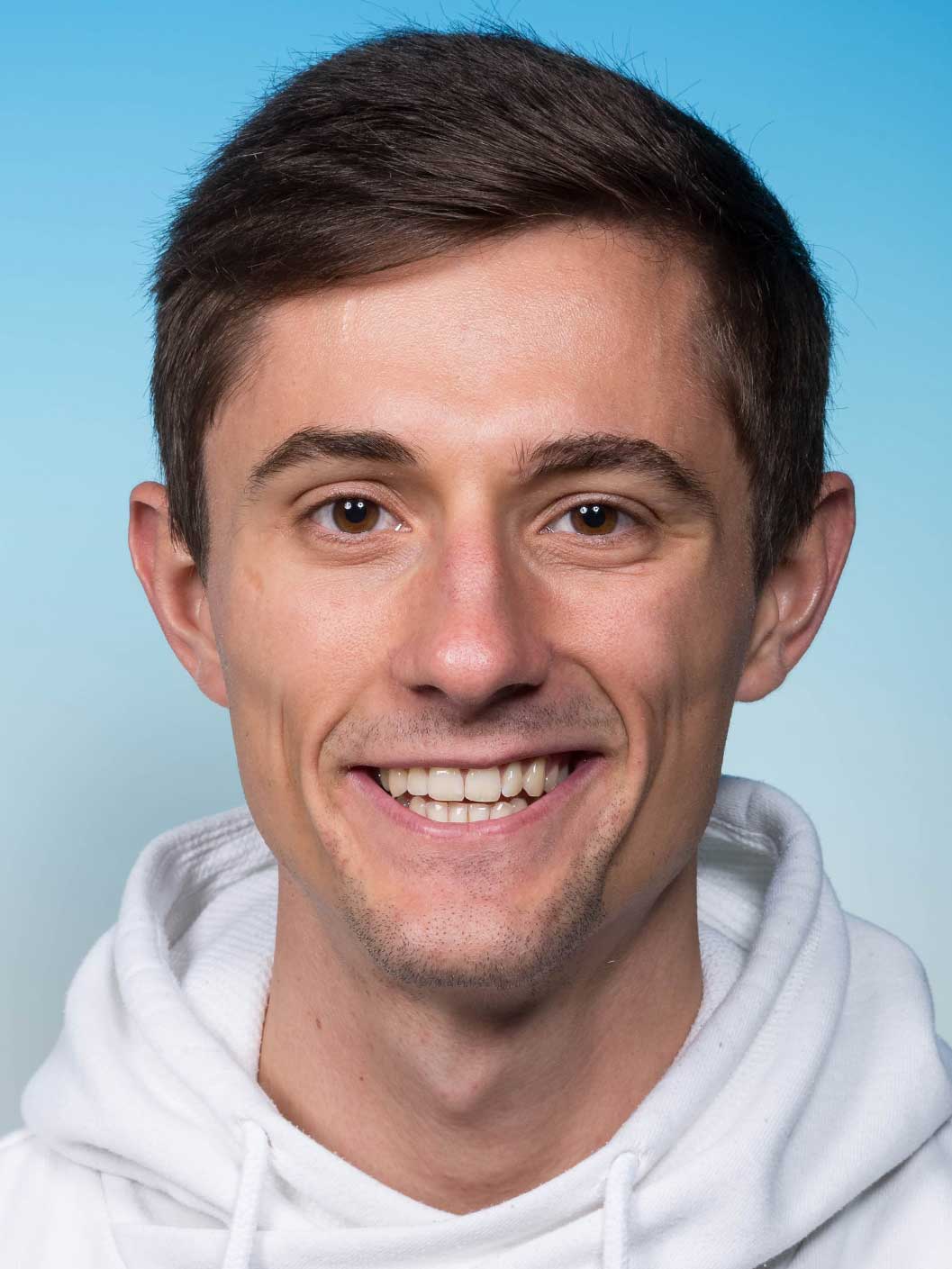
- Details
Welcome Florian! Florian joined the AQTION team for his Master's project, where he will implement modulated Mølmer–Sørensen gates to improve the robustness of the gate against fluctuations of the experimental parameters.
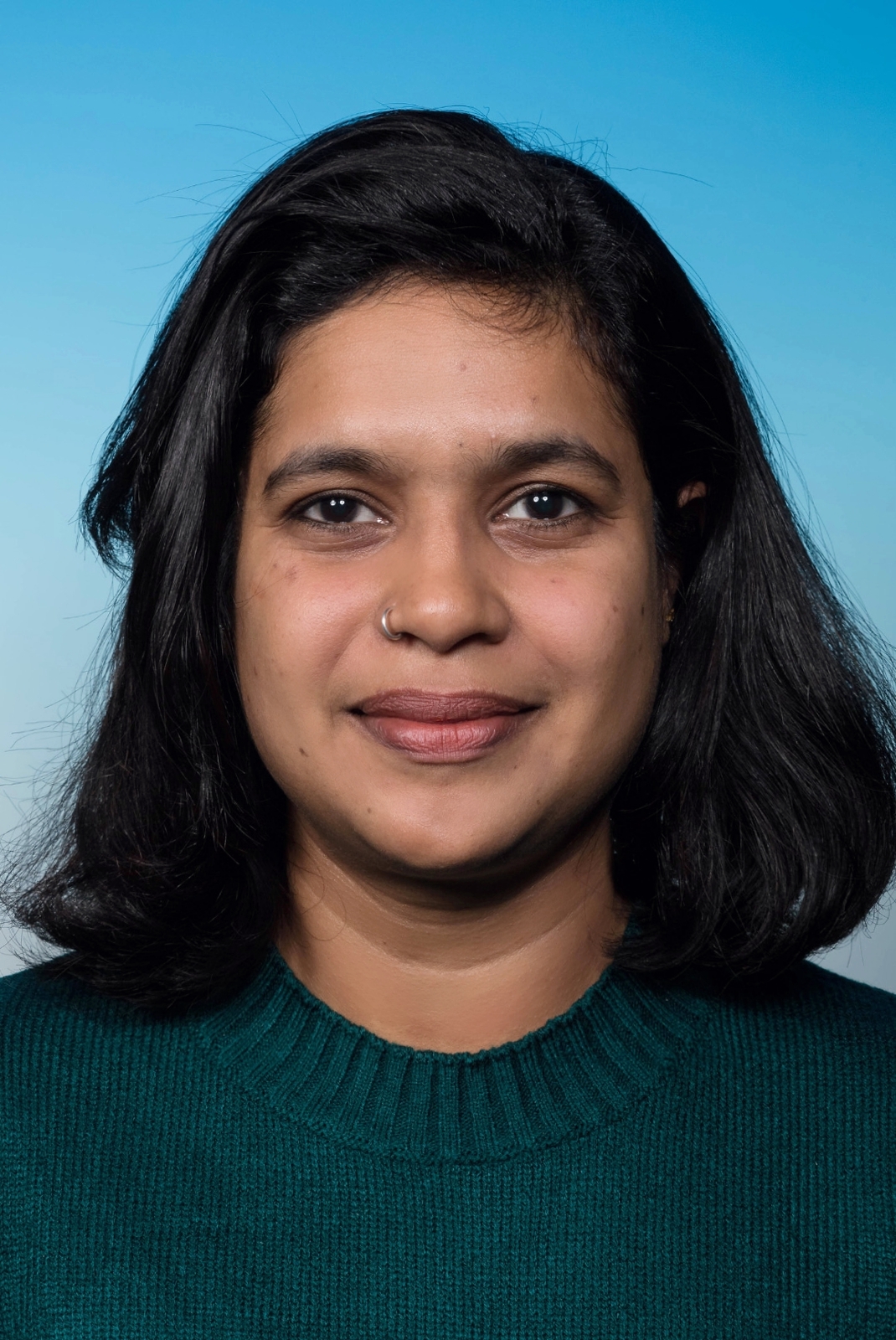
- Details
Welcome Fabitha! Fabitha joined the Distributed Quantum Systems Group as a postdoc. She earned her doctoral degree at IIT Madras, India and her previous postdoctoral research focused on quantum sensing at IIT Bombay, India. Her project in here Innsbruck involves investigating light-matter entanglement across deployed optical fiber links.
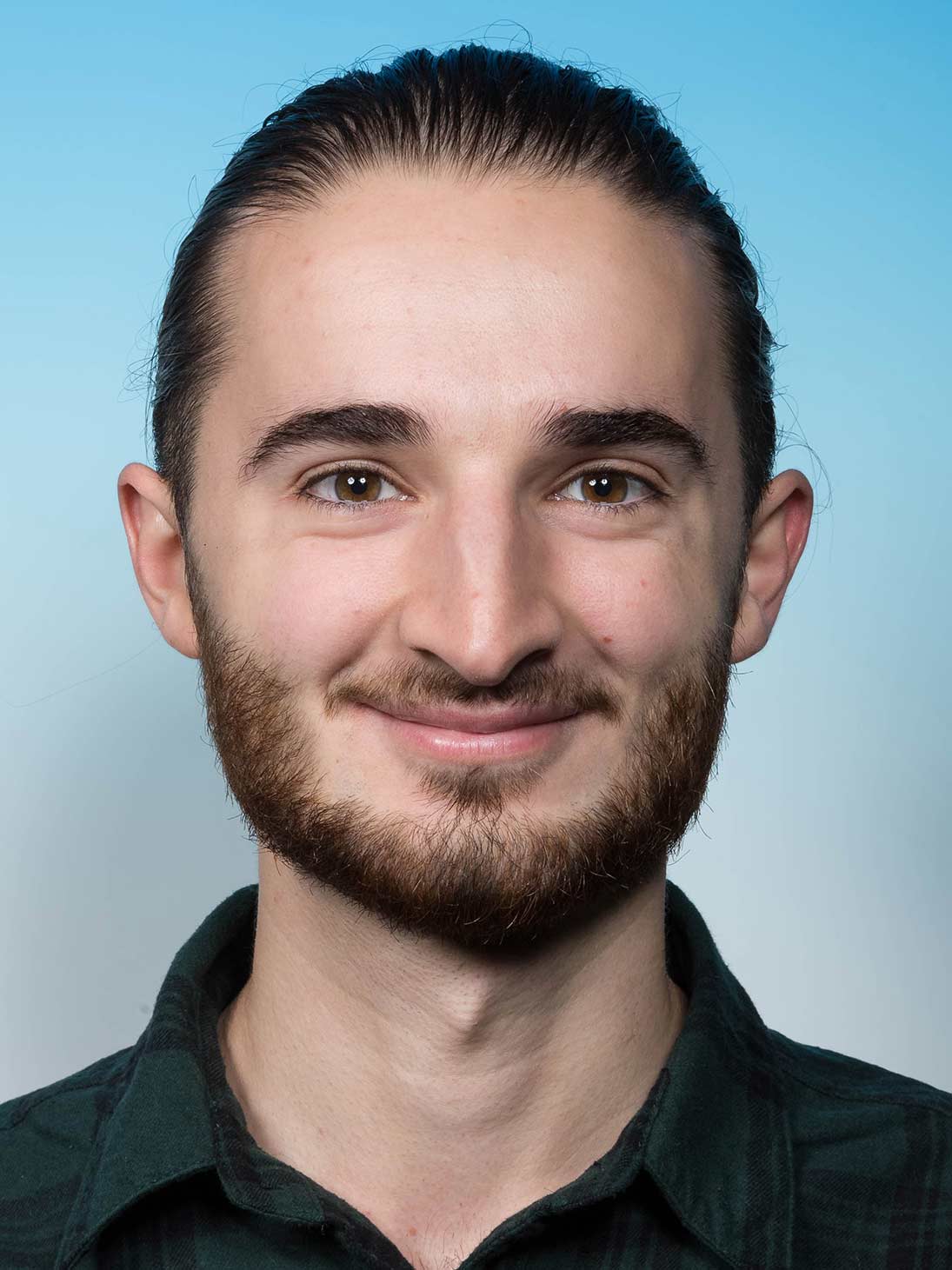
- Details
Welcome Elyas! Elyas joined the QCosmo team for his Master's project, where he will set up and amplify a telecom-wavelength frequency comb for the manipulation of the rotational states of trapped molecular ions.
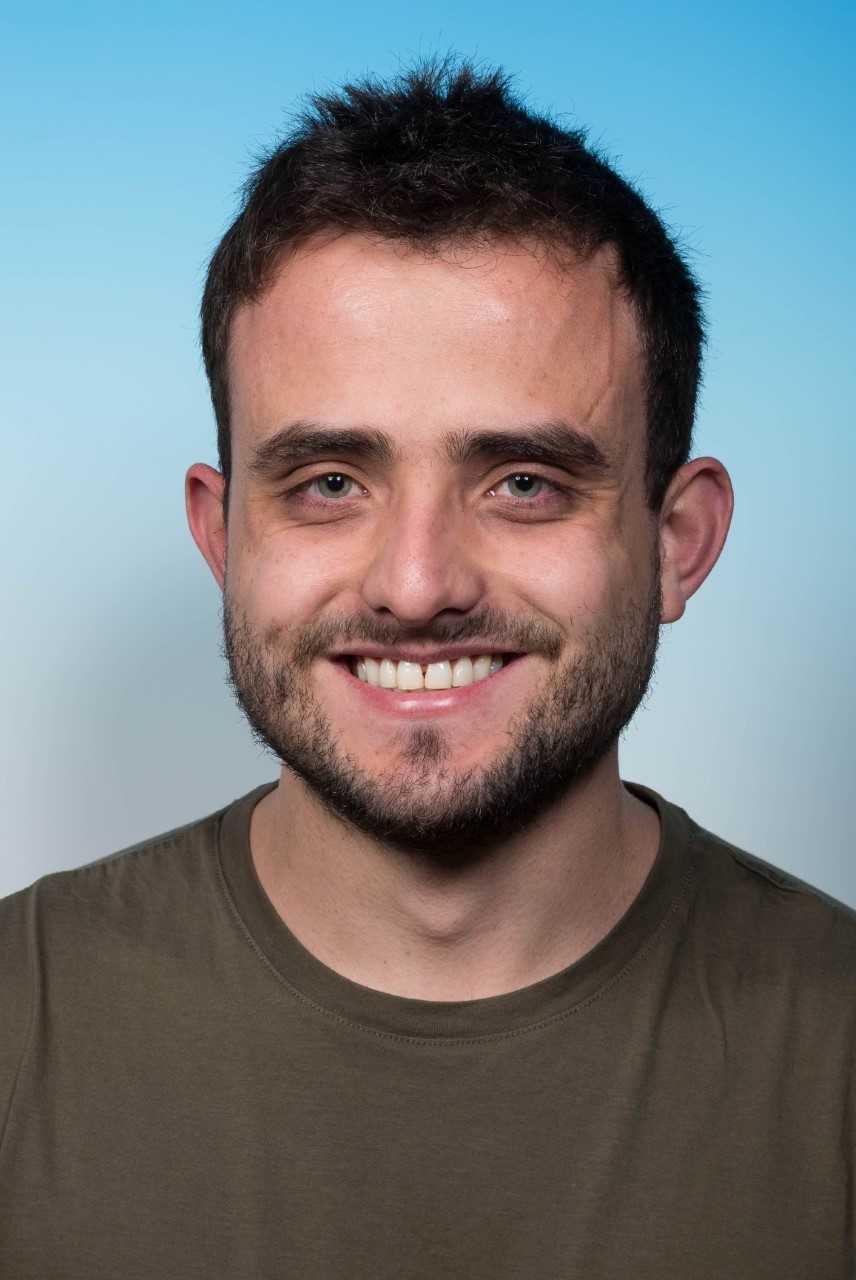
- Details
Welcome Mariano! Mariano worked during his Master's thesis with Prof. Tim Schroeder from the Humboldt University zu Berlin in the application of single qubit gates towards the generation of photonic cluster states with Tin vacancy defect centers in diamond. In Innsbruck he is joining the QCosmo team, working on molecular quantum systems.
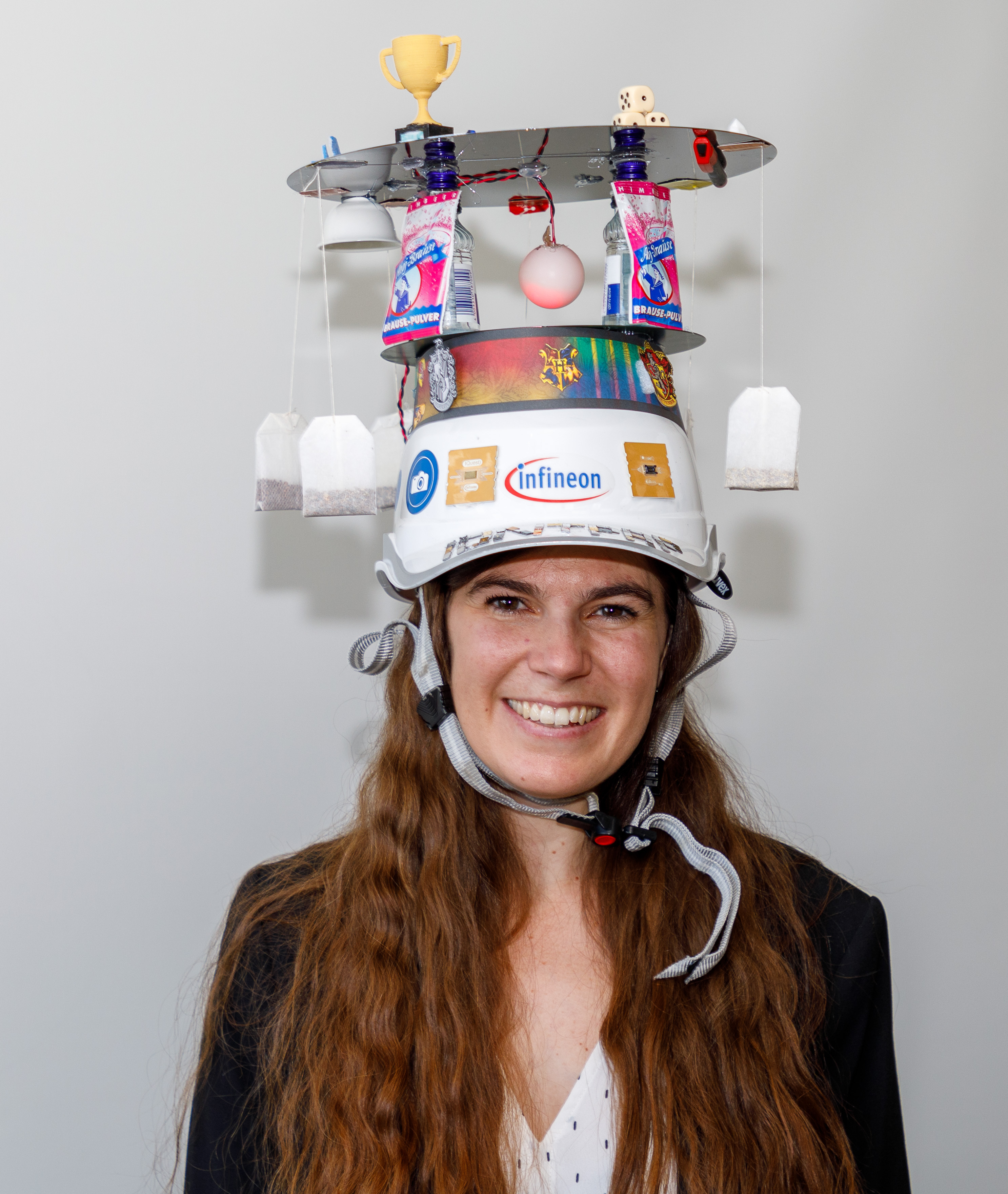
- Details
Congratulations, Silke!
Thesis Titled: Design, fabrication and characterization of ion traps based on industrial microfabrication technologies
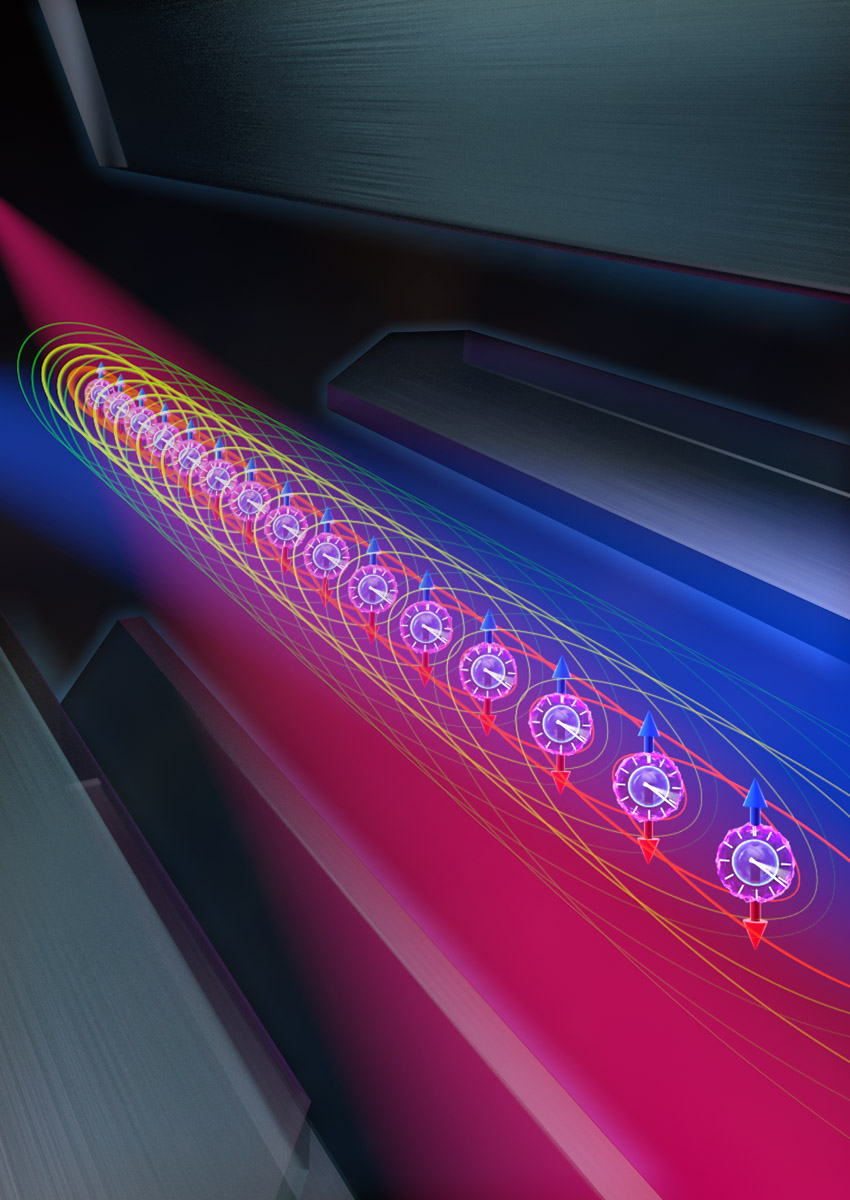
- Details
Entangled particles play a crucial role in quantum computation and simulation. Recently, researchers have started using entangled atoms to design precise atomic clocks.
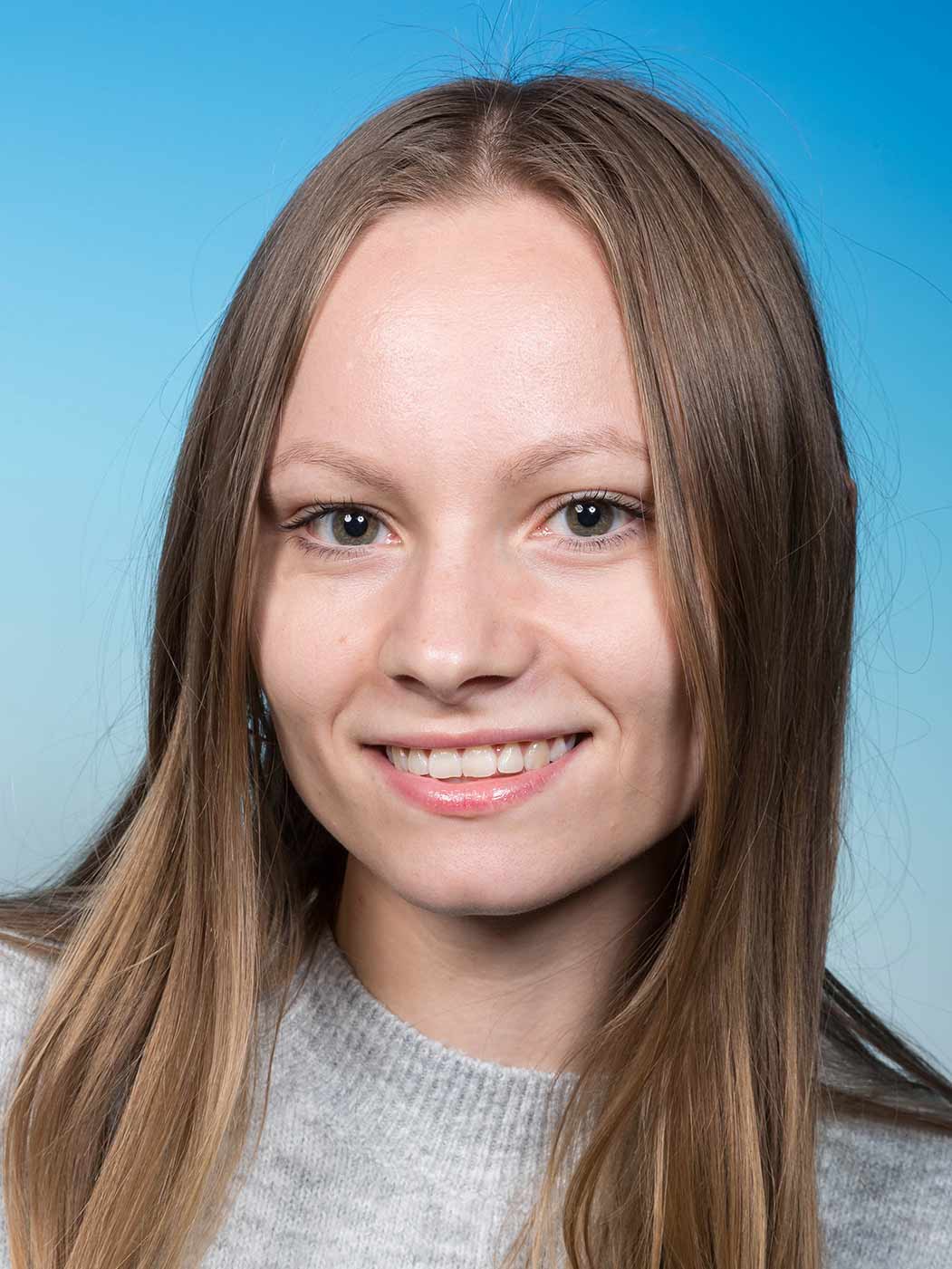
- Details
Welcome Lisa! Lisa joined the Qudits team for her Master's project, where she will set up a 732nm laser system for in-sequence cooling.
